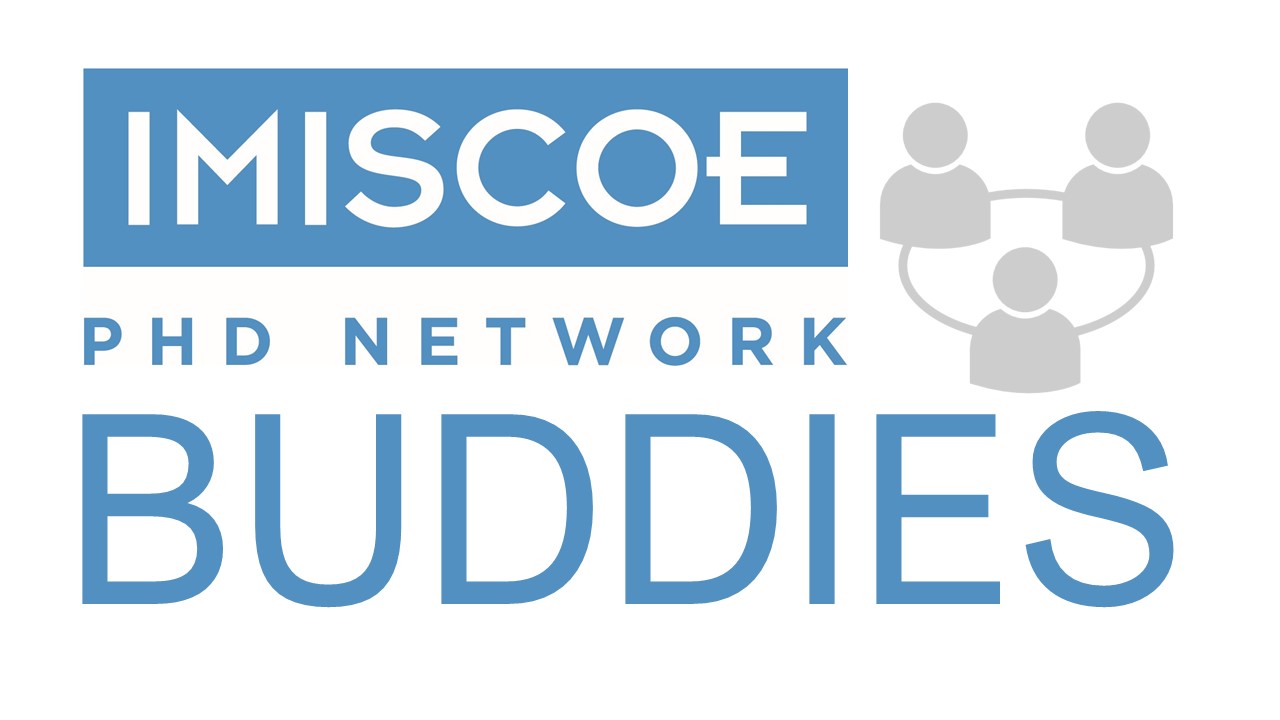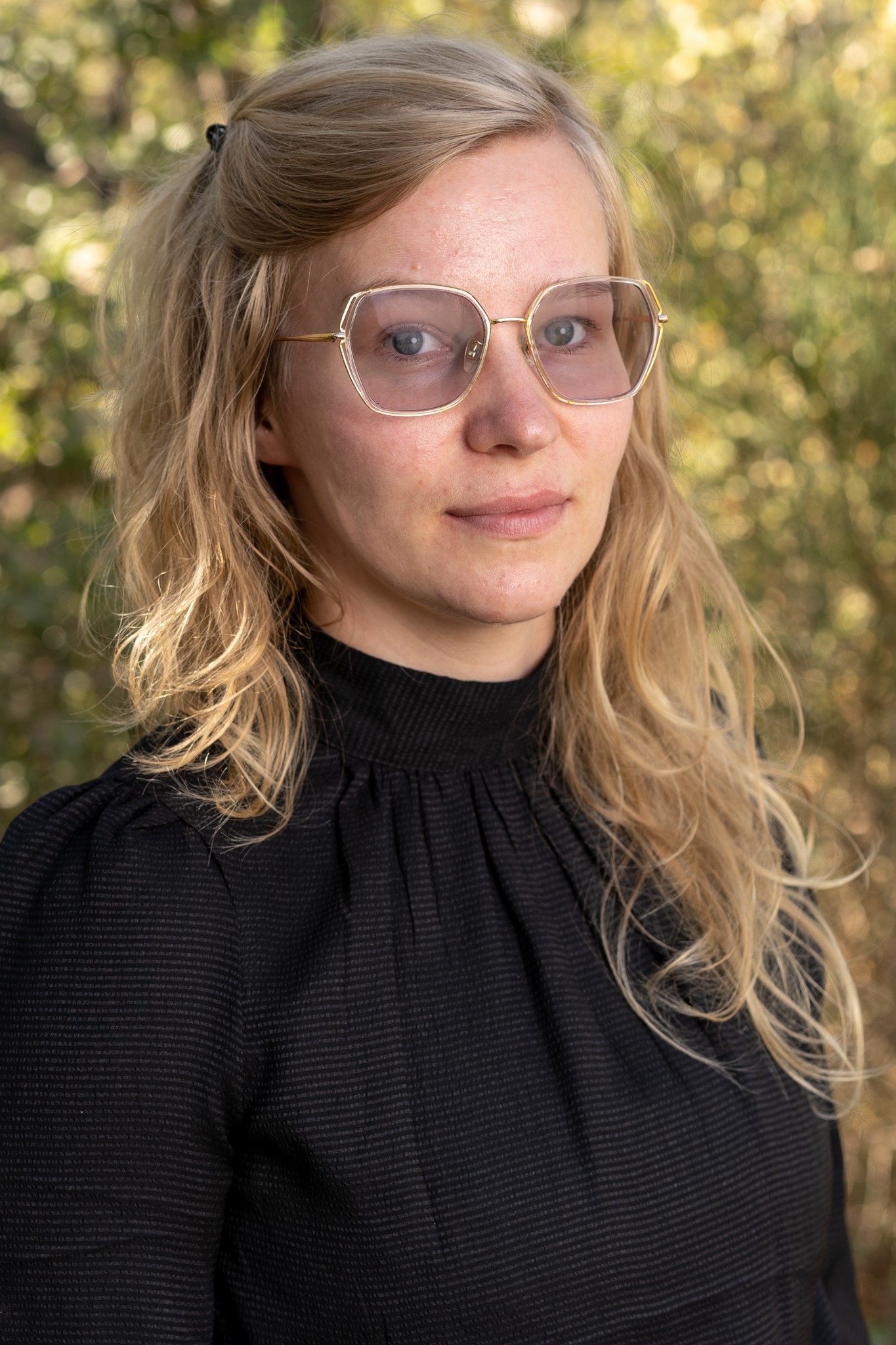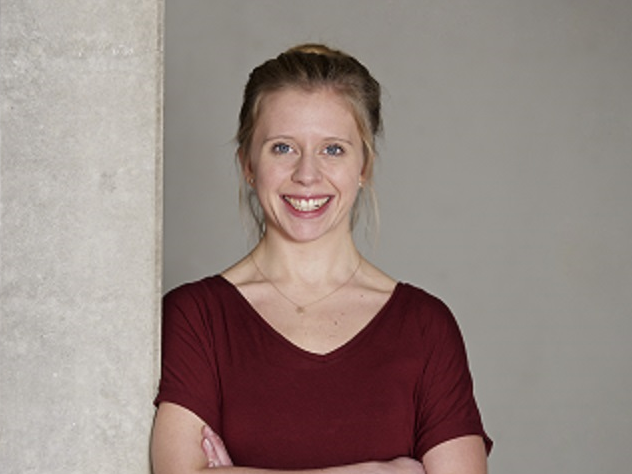“A New House for Migration Research and Exchange for PhD Students” seems like a pretty high bar to reach – unfortunately. But why is such a platform needed, and why did we strive for it despite the challenges?
We know that access to exchange and research is difficult for PhD students that are at a disadvantage for many different reasons. Together with the IMISCOE PhD Network and the IMISCOE Anti-Racism Working Group we have been working on a practicable approach to help address this issue. In the 2021 IMISCOE PhD Network activities, we saw that the open-to-all events reached a wide group of people, from more places than ever before. We wanted to build on this drive to ‘inclusiveness’ and start enacting strategies to keep this diversity in the long term.Inspired to find more equitable and accessible ways to change how we meet and interact, especially beyond ever challenging pandemic conditions, we decided to develop a buddy system to digitally connect early career researchers with each other. What we now call the “Buddy Project” is an attempt to reimagine the house in which we come together to connect, think, and learn about our research and research contexts. We are aware that this is only a first step - perhaps one that we will fail - to create more equitable ways to establish connections with PhD students in migration research through a bottom-up approach. Therefore, we consider this house a trial, one through which we want to learn about the much-needed foundations to not just pledge solidarity but practice it – a concern central to this year’s IMISCOE General Conference PhD Network Assembly; where we try to be mindful of the barriers and systems in place that hold us back.
Already in the design-phase of the “Buddy Project” we met with both PhDs from the majority group of IMISCOE, meaning Europe-based PhDs, and less-represented PhD students from or based on different continents to share experiences about accessing network opportunities and barriers[1]. This first step toward connecting experiences and learning about the different places and ways migration research is done was a much-cherished exchange that connected PhD students and alumni from and outside of IMISCOE. Thanks to the IMISCOE PhD Network advisory board, the PhD representatives, the PhD board, our mentor Parvati Raghuram, and the speakers from the brainstorming session (Aneesha Johny, Samson Segun Fashola, Jorge Morales, Frank Aysi, Sahra Ahmed Koshin, Oumoussa Abderrazzak), we met again in the following months to transform the idea of better and more sustainable connections.

The “Buddy Project” wants to be a house that enables communication on equal terms. That means the “Buddy Project” commits itself to take the shape that the needs of its participants demand. That is why we speak of a “buddy” and not a “mentoring” project. We strongly believe that we can all learn from each other, show solidarity in all directions, and that there is something that unites all PhD researchers. In practical terms, the “Buddy Project” provides matched participants with guidelines how to build up their match toward a successful micro-support-network. We speak of a micro-support-network because small groups of three establish a regular commitment to fostering each-others’ professional development. We provide a group-building guideline that asks participants to reflect on personal and professional goals, time commitments, and other factors that influence working together effectively. Group-building is thus tied to an intense start-phase that involves reflection on what is needed and what is possible. That also means every micro-group can look and work very differently. What the group will look like is up to you, your interests, and your needs. In a supportive role, the IMISCOE PhD Network Advisory Board, commits itself to guide participants to be actionable to reach the goals they set for themselves.
Just this July, the “Buddy Project” opened its doors to its first buddy groups. We released the project during the IMISCOE PhD Network Assembly at the general conference. A first cohort of 83 participants was formed that we matched into 27 buddy groups of three to four people. Throughout the next 12 months, there are 3 more rounds for which you can sign-up at any time following this link: https://www.unipark.de/uc/phdBuddy. Once a new cohort starts, participants receive a confirmation email, information on their micro-group, a guideline for group-formation, and information on upcoming myth-busting workshops.
The journey was long, but we are happy to be in the practical phase now and to be able to try out this feasible yet fantastic solution that the group of thinkers came up with. If you have any questions or want to get involved as a (more) senior scholar, contact us:
[1] Rohina Mitra and Irene Guttierrez wrote a wonderful blog text about this meeting (see here: https://www.imiscoe.org/news-and-blog/phd-blog/1477-rohini-mitra-irene-gutierrez).
Bios
Carolin Müller is a postdoctoral fellow at the Martin Buber Society in the Humanities and Social Sciences at the Hebrew University of Jerusalem. She has held positions at the Technische Universität Dresden and at the Central European University. She earned her PhD in German Studies from the Ohio State University and her dissertation investigated creative acts of citizenship-making through street music, music education, and music as a form of cultural diplomacy in Germany.

Sandra Morgenstern is a postdoctoral researcher at the Mannheim Centre for European Social Research (MZES) and at the chair of Migration and Integration at the University of Mannheim. She received her Ph.D. from the University of Konstanz, where she was part of the Graduate School of Decision Sciences and the Comparative Politics Research Group. Her research interest concentrates on migration politics and the emigration decision using field experiments and advanced quantitative research methodology.

